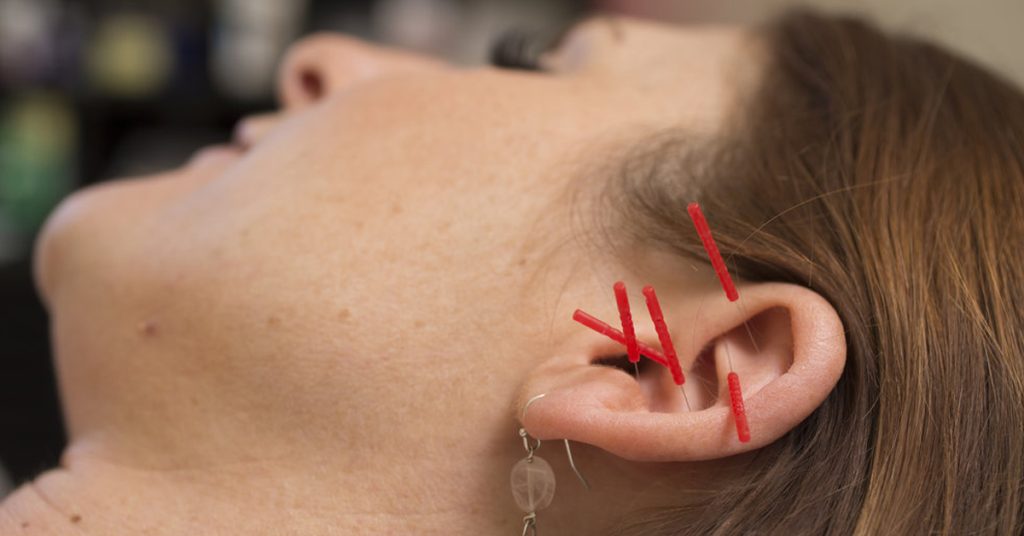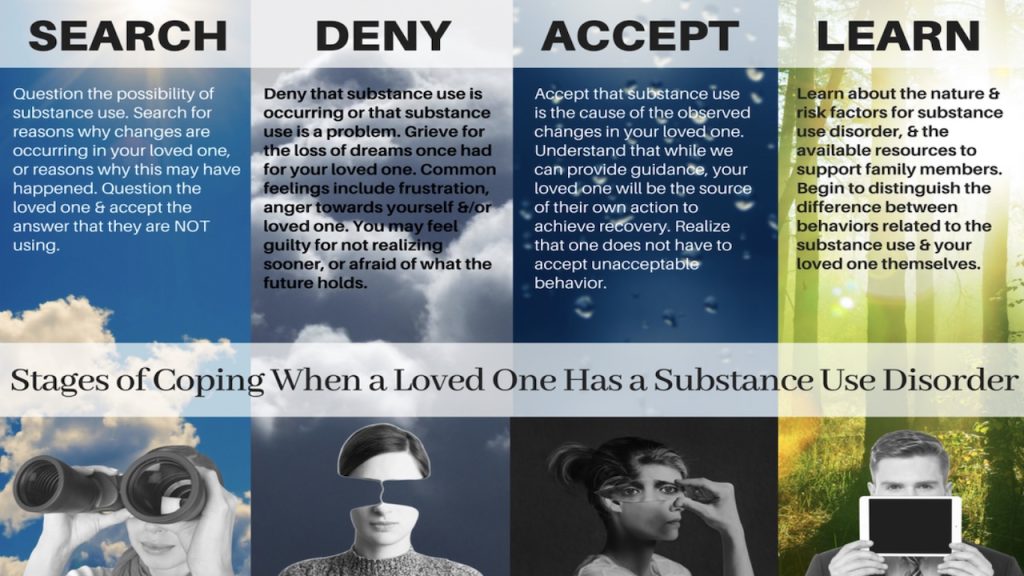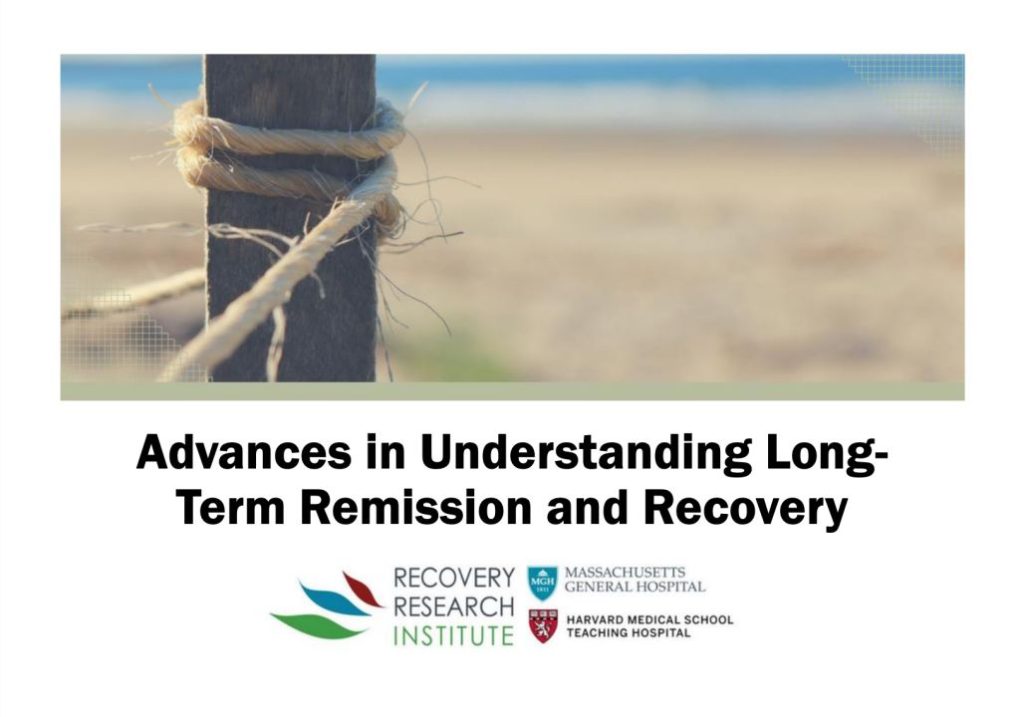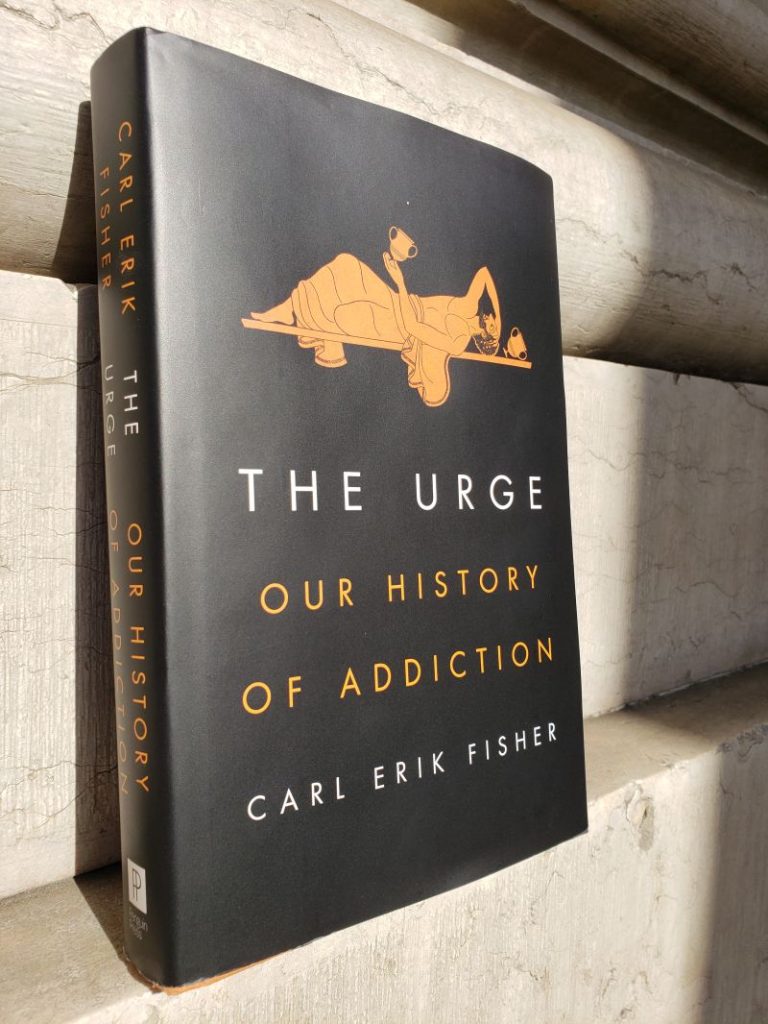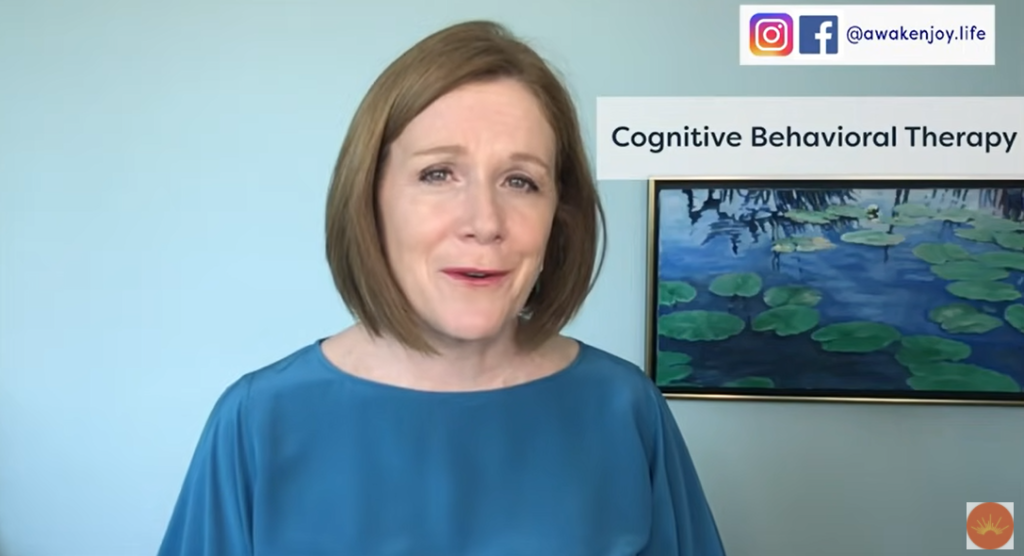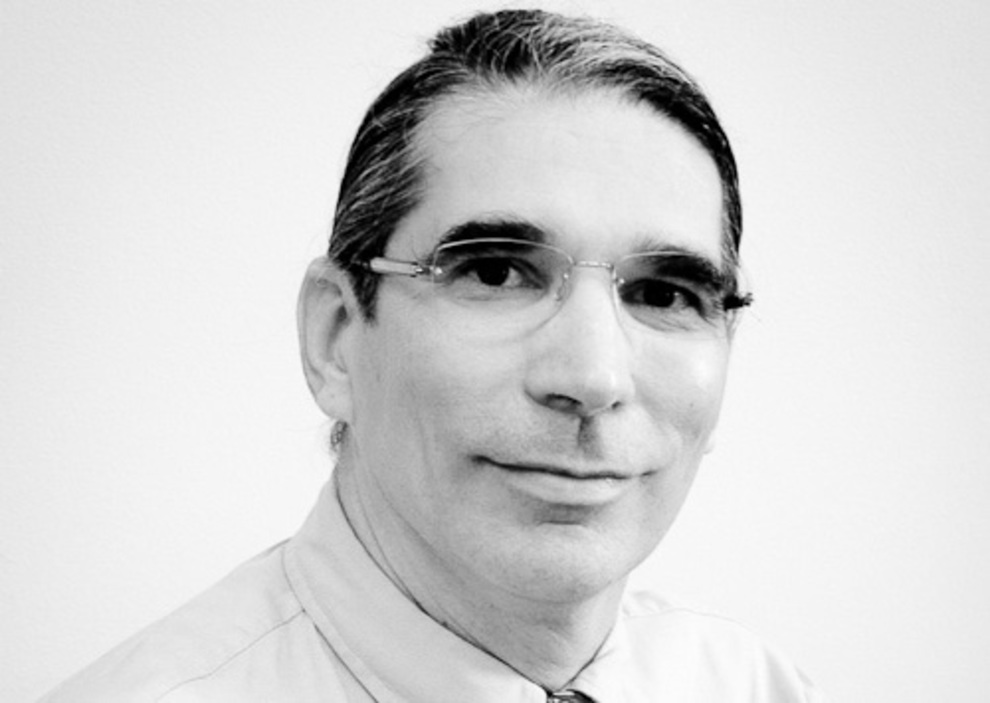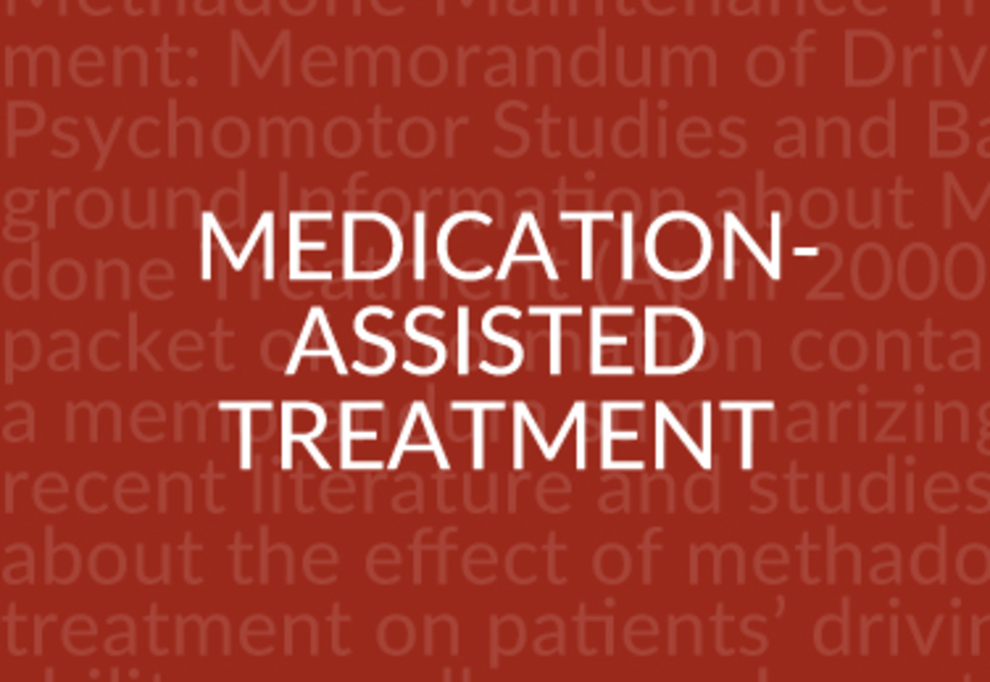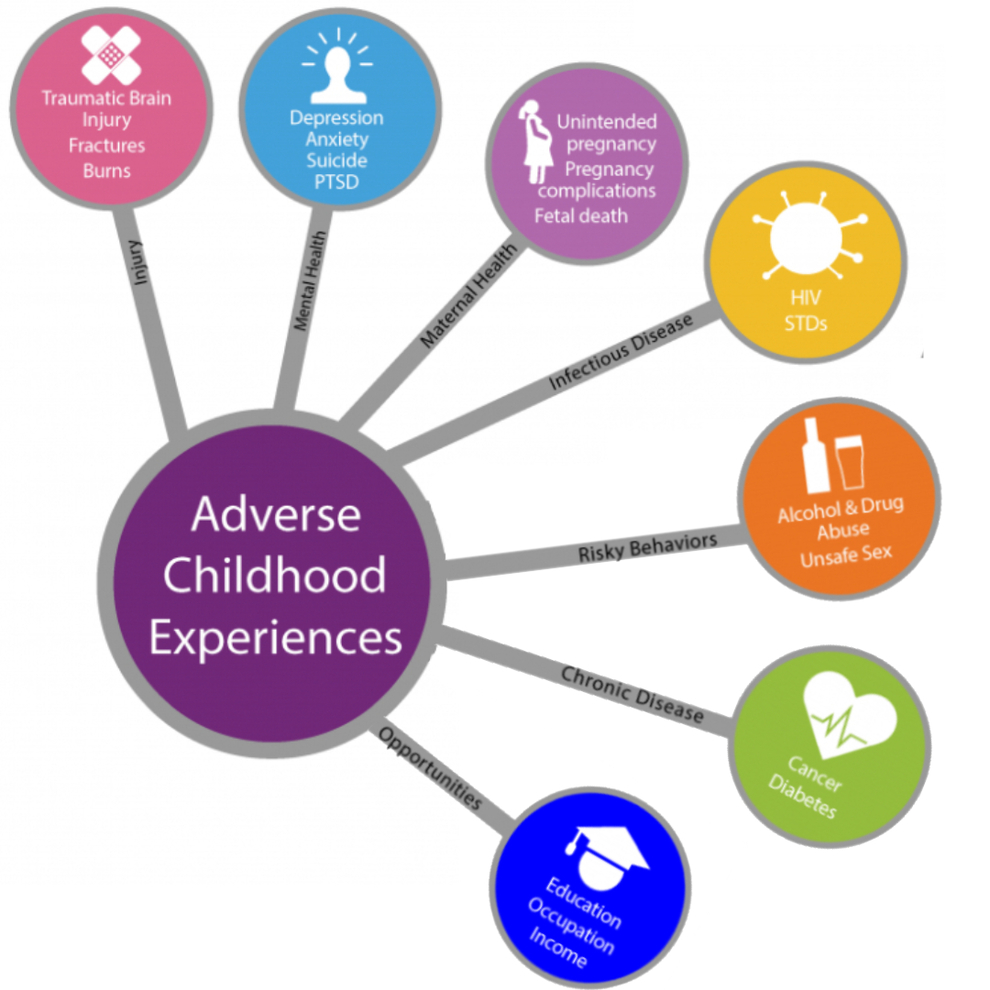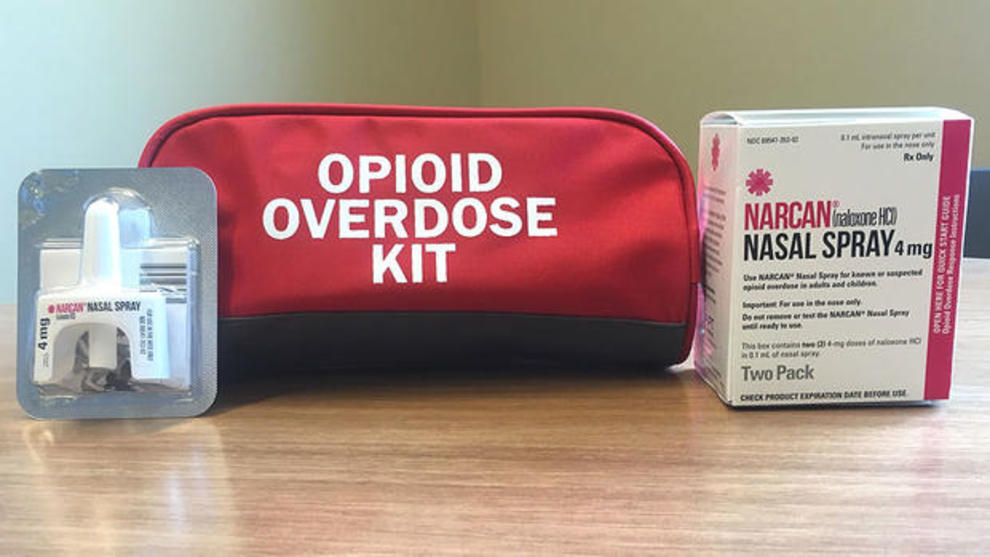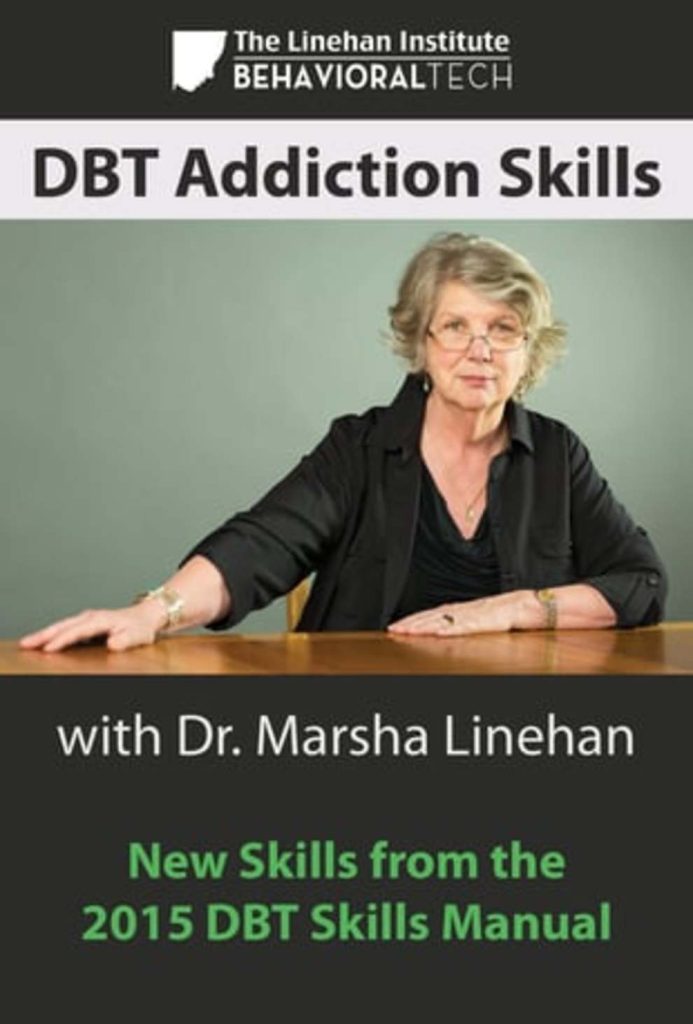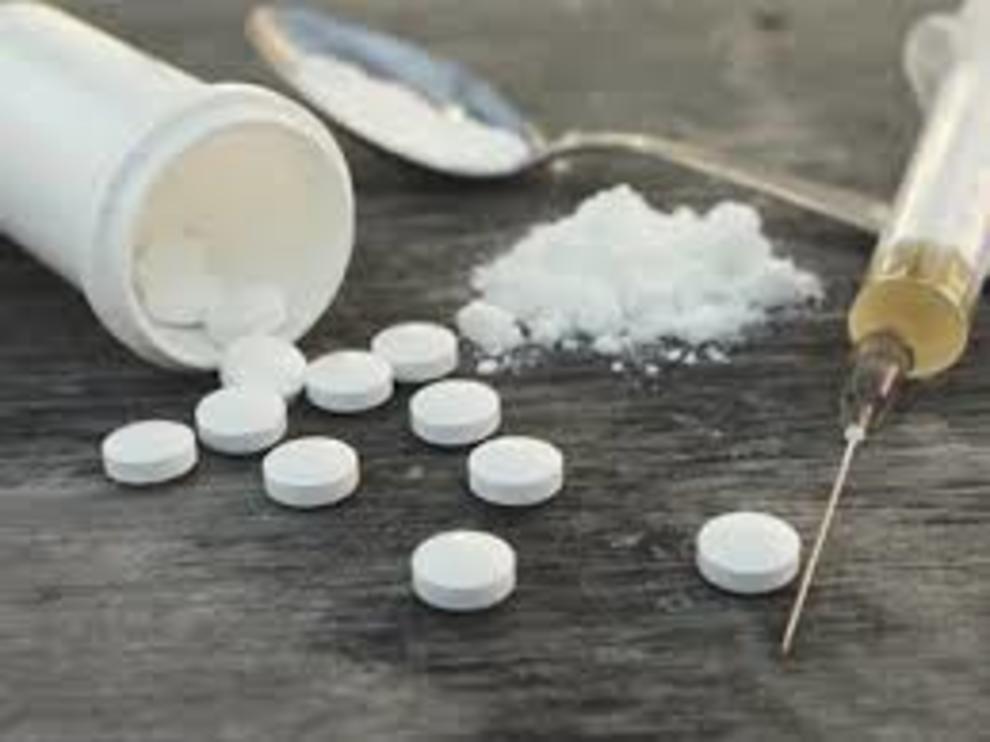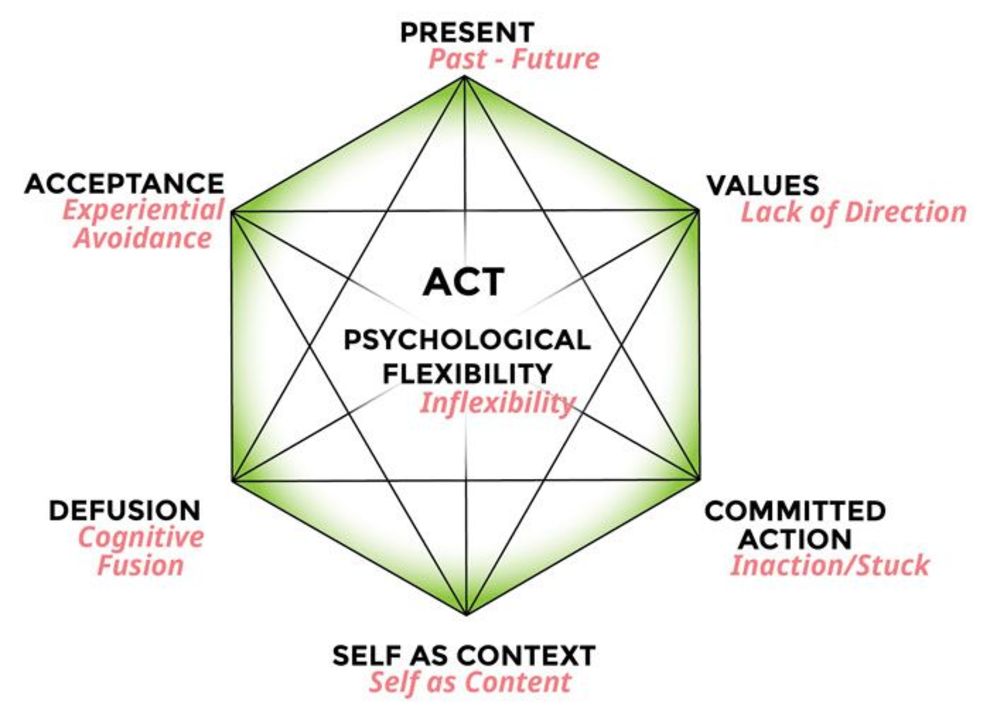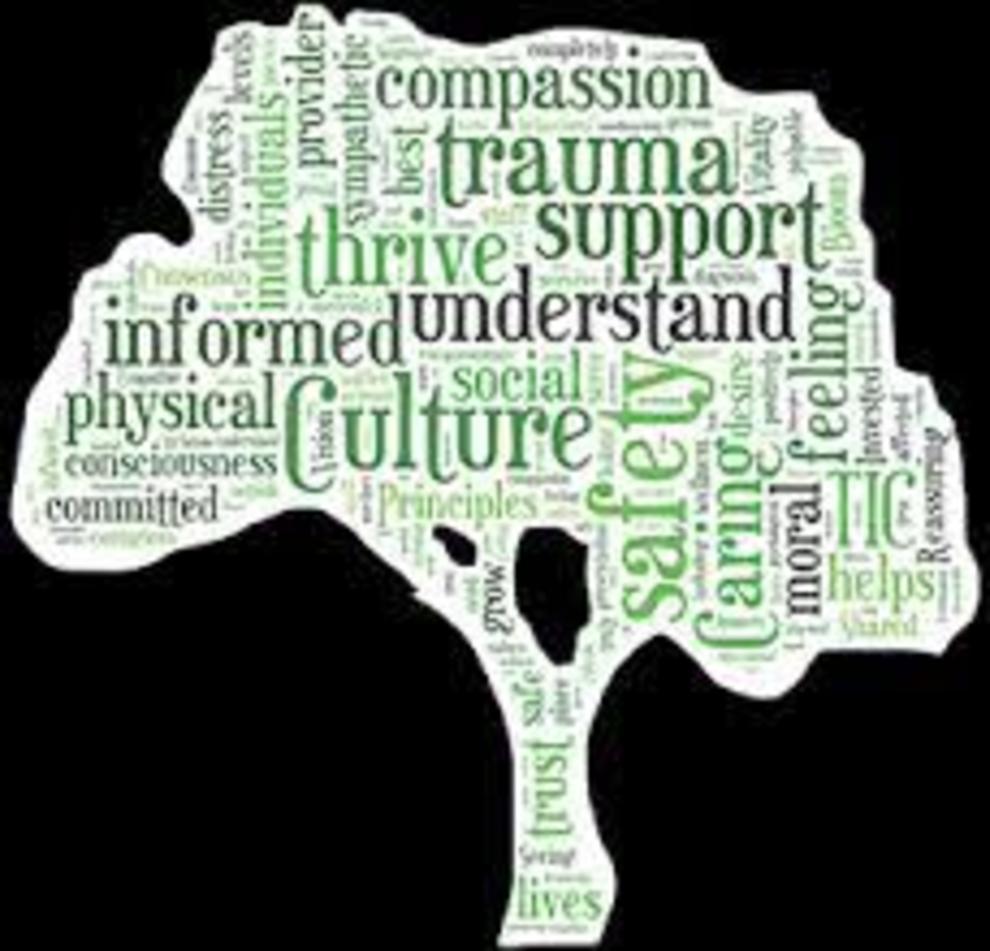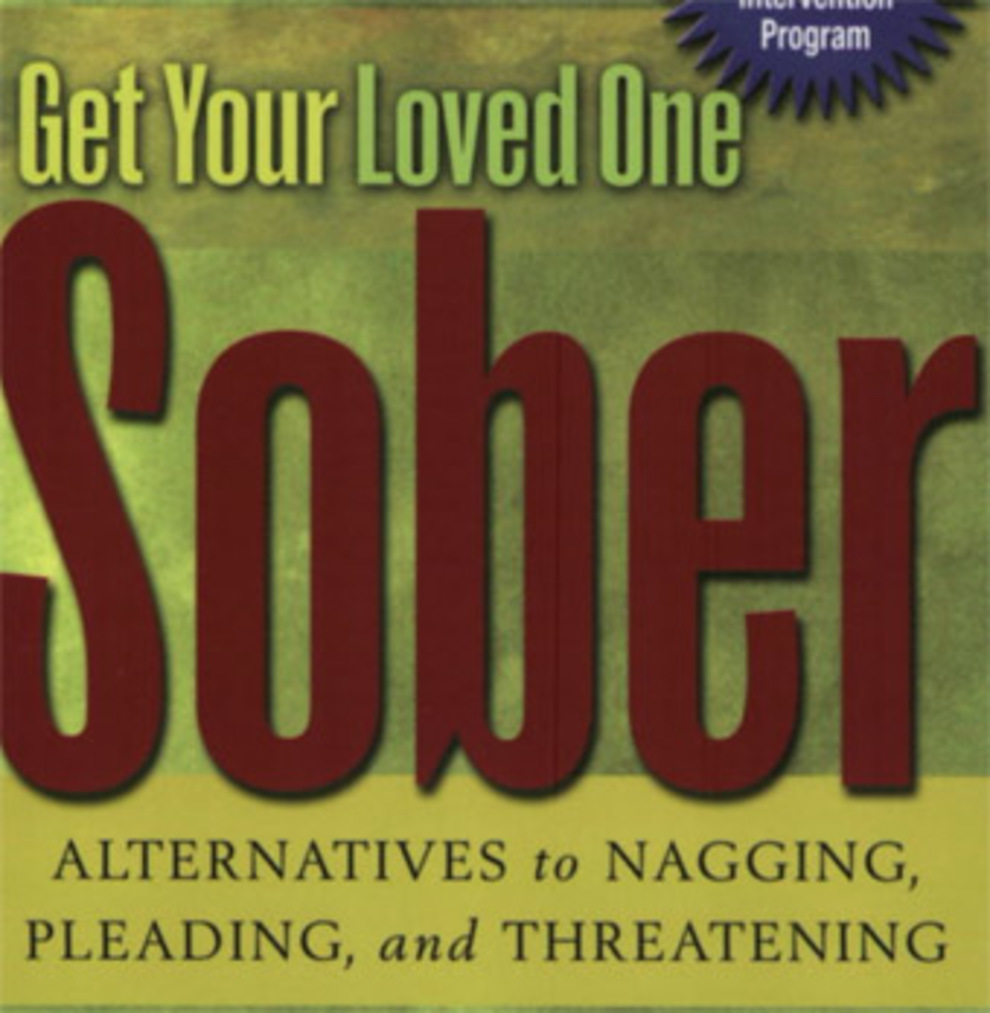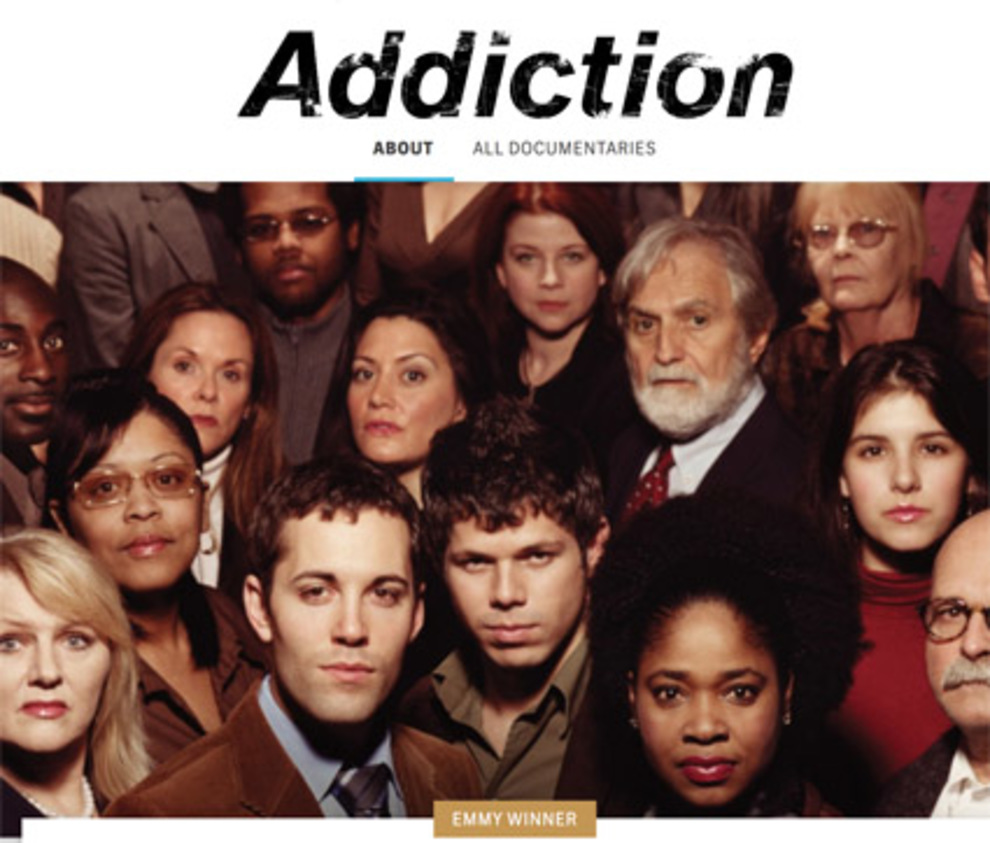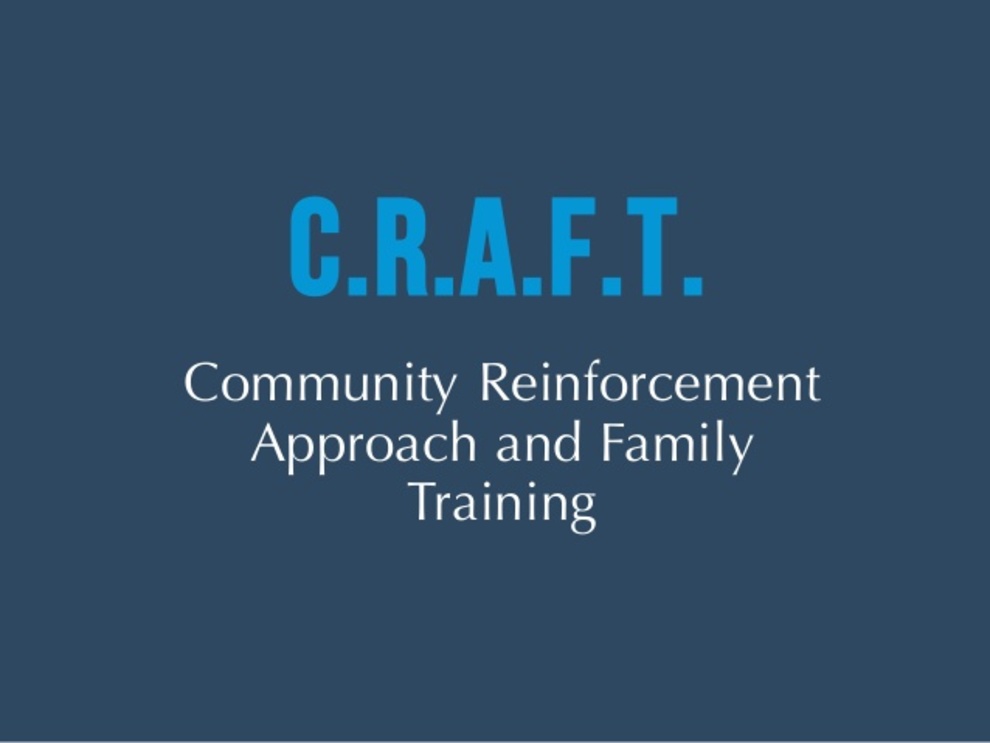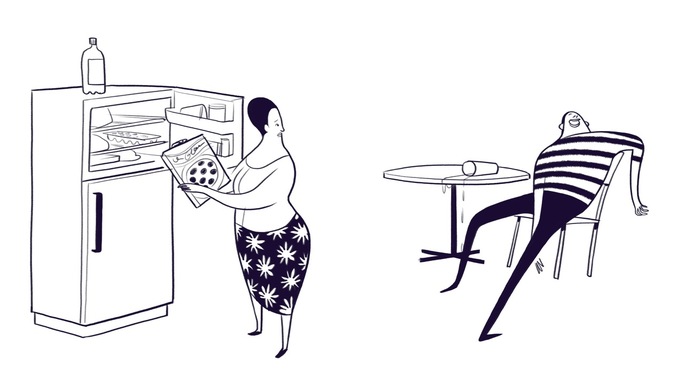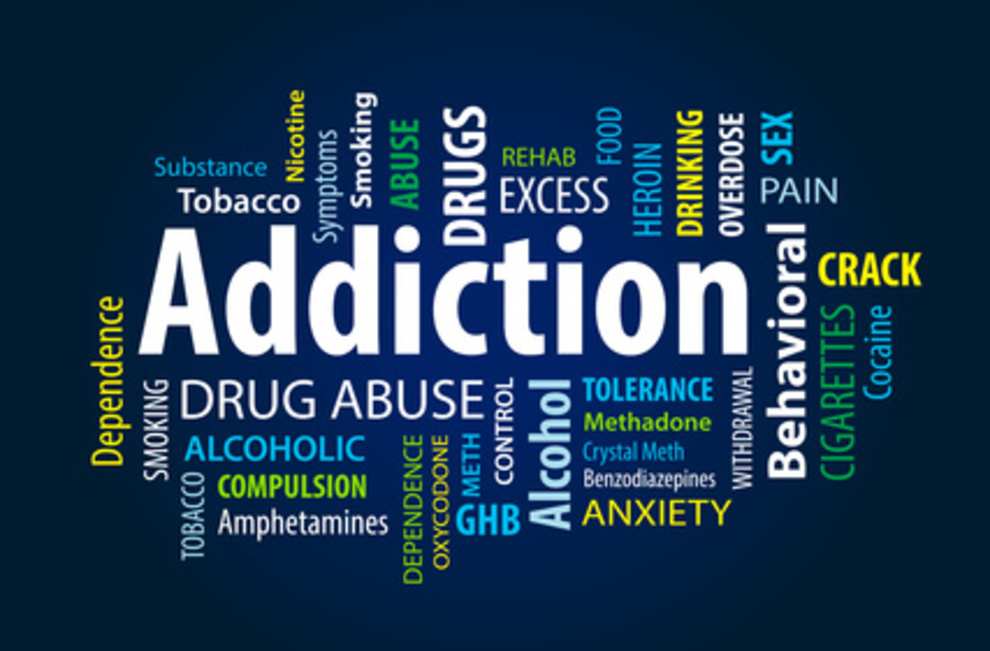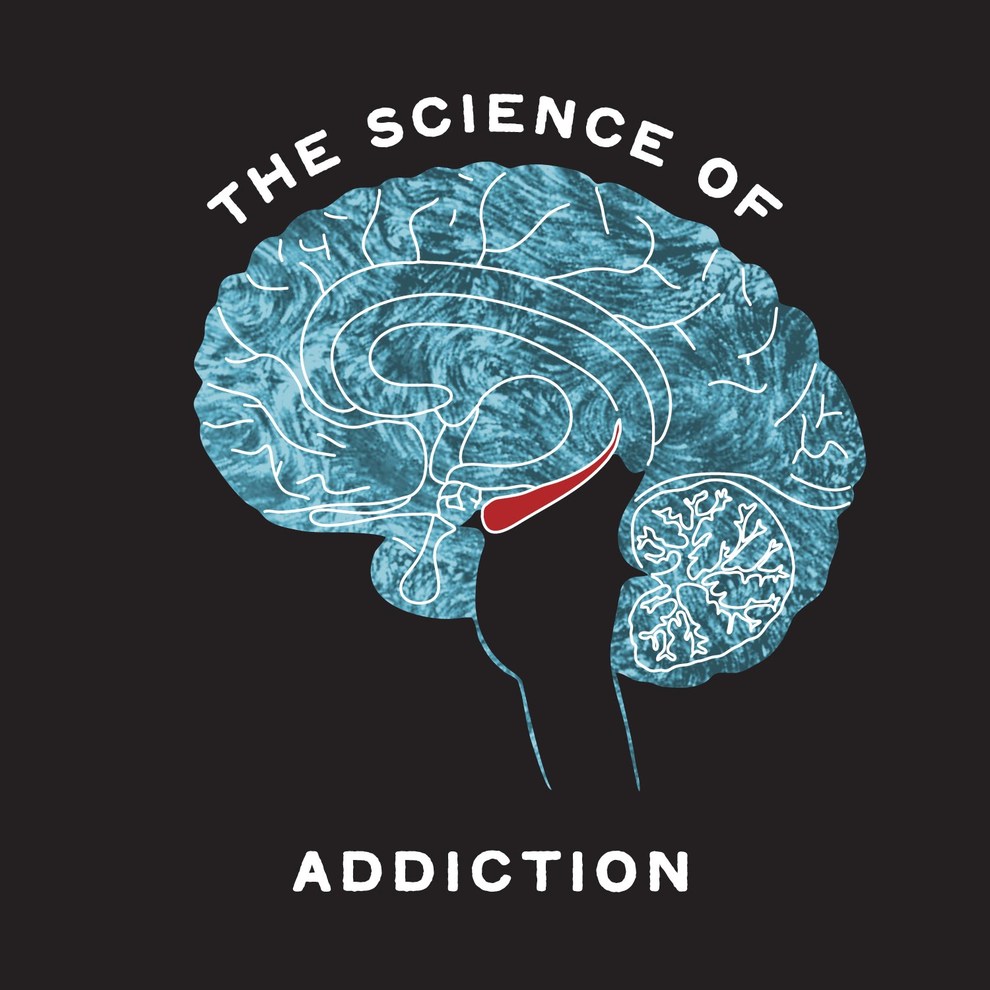Fifteen Rounds of Rehab: Why Matthew Perry, Like Countless Others, Struggled for Decades Before He Got Clean
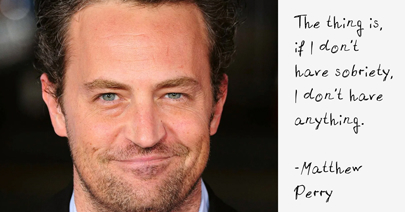
Photo credit: Condé Nast Traveller
We don’t know just how the star of “Friends” died, but we do know—because he was so remarkably open about it—that he struggled with substance use disorder for most of his life. We also know that in his last years, he had succeeded in quitting both alcohol and opioids. It can happen, but why is it so hard? This article reviews the deeply intertwined biological and social realities of addiction.
It must have seemed at times that there was no climbing that mountain.
At the time of his death in late October, 2023, Matthew Perry had been clean for well over two years. It was a high point in a struggle that had gone on for decades. Perry entered his first rehab program in 1997, and revealed in his 2022 autobiography that fourteen more sessions had followed. He also estimated that he had attended some 6000 Alcoholics Anonymous meetings in his lifetime.
Why is it so hard to stay sober, once treatment begins? Why do so many who cease using for a time begin again? The answer does not come down to a single cause. For some of us, genetic predisposition makes us simply more susceptible to developing substance use disorder. It’s a vital but fundamentally invisible part of the puzzle. As Dr. Danielle Dick, director of the Rutgers Addiction Research Center observes in this article, these biological differences mean that “the feeling of craving a drink may be entirely different for someone with substance use disorder than it is for you.”
For others, trauma, anxiety, economic or social marginalization, or mental illness set us up for a tough relationship with a drug. For most individuals, multiple factors are at play.
This superb article reviews not only the challenges, but also the winding, forward-and-back shape the journey to recovery often takes. For almost everyone, it’s an effort that doesn’t really end. One specialist cited in the article uses the analogy of a workout regime: ““You can’t go to the gym for a year and then stop going and expect to stay fit.”
But the deeply hopeful message is that progress can come at any time. Perry’s life is one lovely example. It may never be entirely “over,” but it’s also never too late.
https://www.cnn.com/2023/11/02/health/staying-sober-matthew-perry-wellness/index.html







